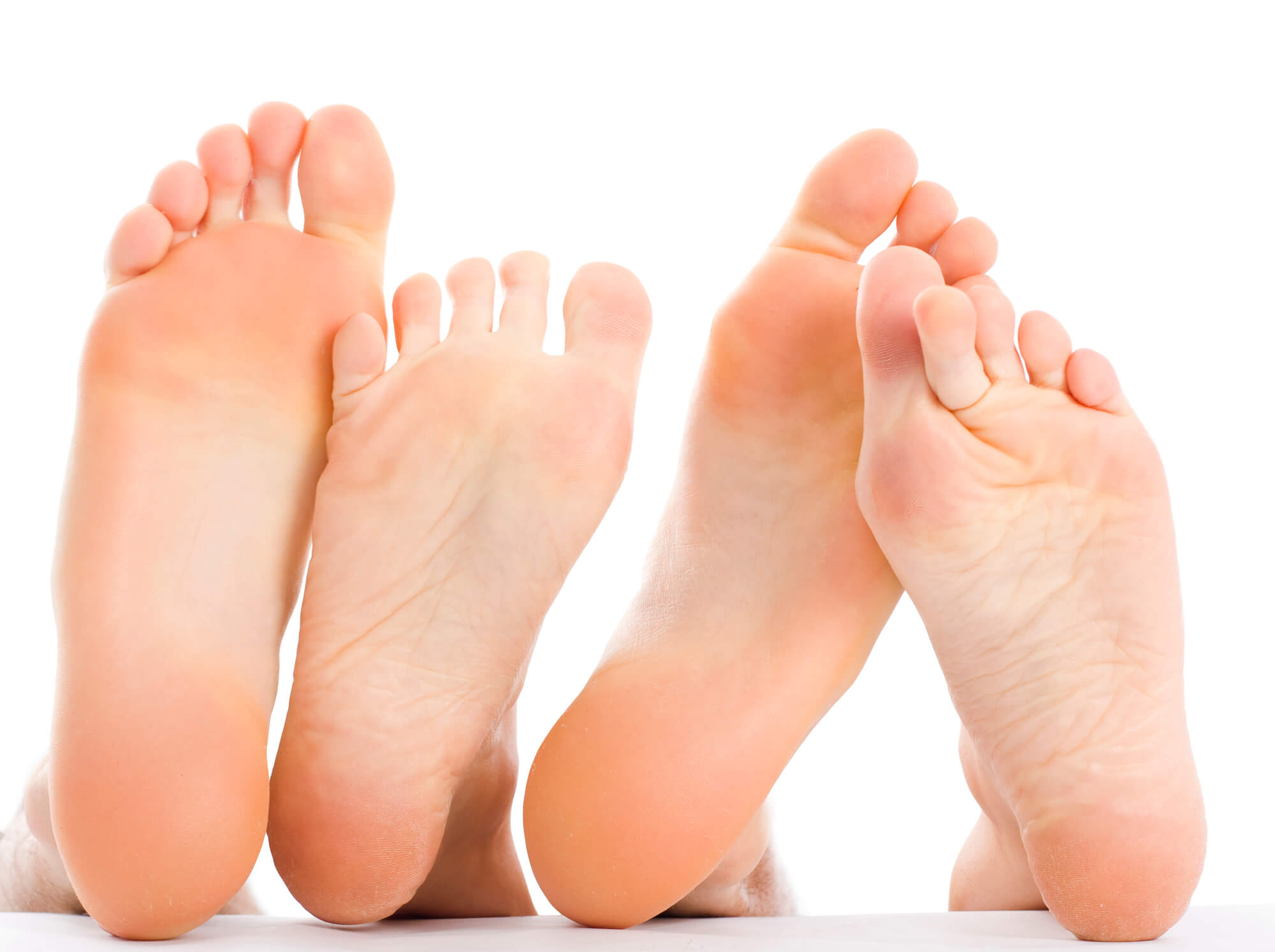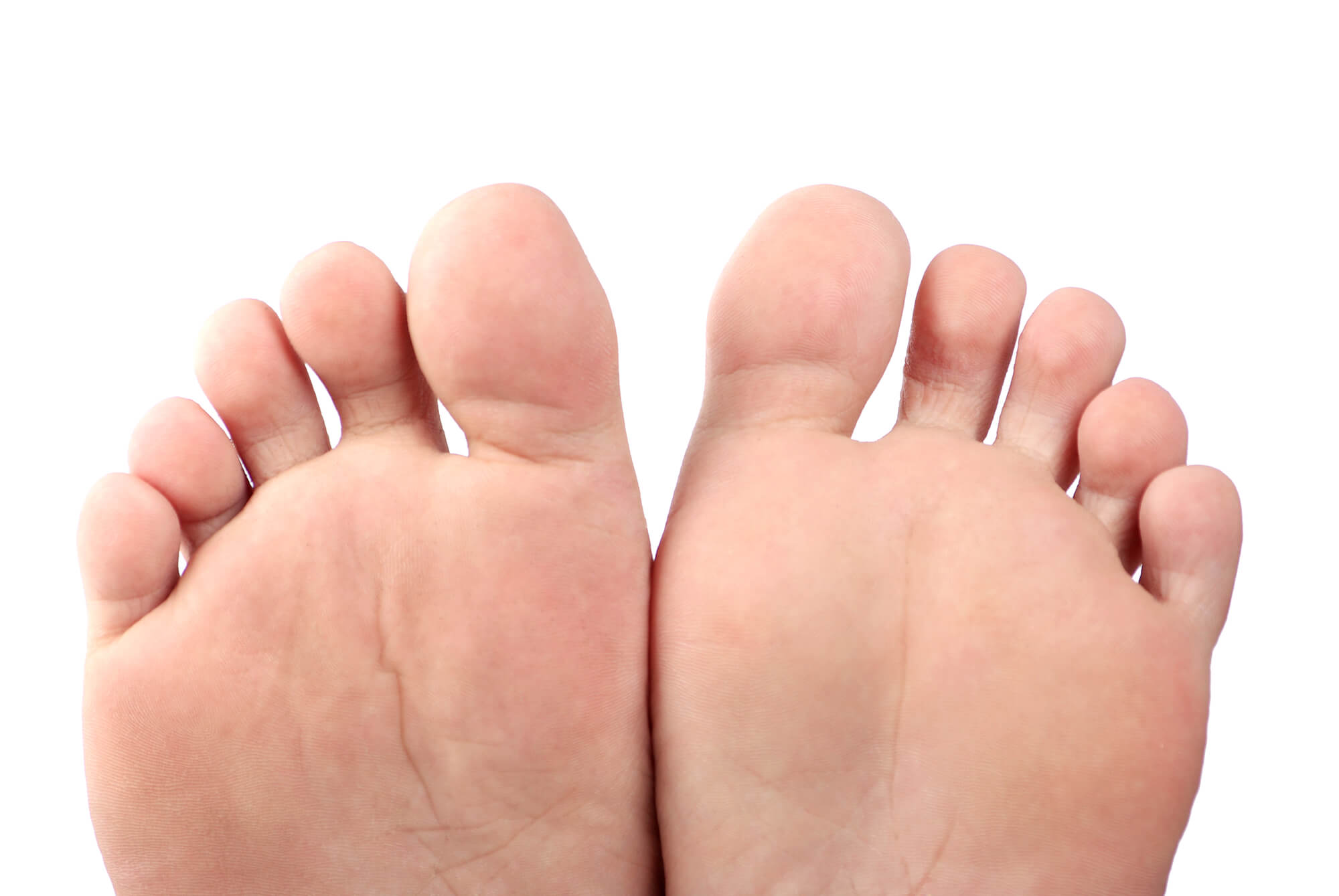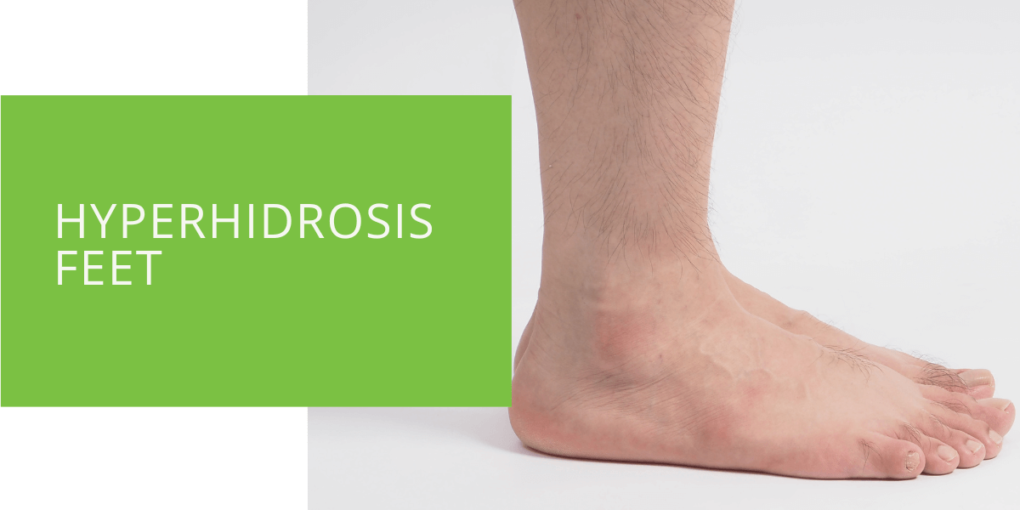Hyperhidrosis Feet: Causes, Symptoms & Treatment
Hyperhidrosis, also known as excessive sweating, is a common condition that can cause significant discomfort and social embarrassment. While sweating is a normal bodily function that helps regulate body temperature, hyperhidrosis occurs when excessive sweating disrupts daily activities. This article will discuss the causes, symptoms, and treatment options for hyperhidrosis feet.
What is Hyperhidrosis Feet?
Hyperhidrosis feet is a type of hyperhidrosis that affects the feet. It is a condition in which the sweat glands in the feet produce excessive sweat, leading to damp socks and shoes. Hyperhidrosis feet can be classified as primary or secondary hyperhidrosis.
Primary hyperhidrosis is when excessive sweating occurs without an underlying medical condition. It is often localized to certain body areas, such as the armpits, palms, and feet. Focal hyperhidrosis is a type of primary hyperhidrosis limited to one or more specific body areas.
On the other hand, secondary hyperhidrosis is excessive sweating due to an underlying medical condition, such as diabetes, hyperthyroidism, or menopause. It can also be a side effect of certain medications or treatments.

Causes of Hyperhidrosis Feet
Hyperhidrosis feet occurs when the sweat glands in the feet are overactive, producing more sweat than is necessary to regulate body temperature. The exact cause of hyperhidrosis feet is not well understood, but it is thought to be related to the nervous system.
Research suggests that hyperhidrosis may run in families and that there may be a genetic component to the condition. Certain medical conditions, such as diabetes, thyroid problems, and nerve damage, can also cause hyperhidrosis feet. Additionally, some medications can cause sweating excessively as a side effect.
Symptoms of Hyperhidrosis Feet
The primary symptom of hyperhidrosis feet is excessive sweating in the feet. Sweating may occur even when the feet are at rest or in cooler temperatures. This can lead to damp socks and shoes, which can be uncomfortable and contribute to the development of foot odor.
In addition to sweating excessively, hyperhidrosis feet can cause secondary symptoms such as skin changes, blisters, and foot odor. The skin on the feet may become macerated or soft due to prolonged exposure to moisture. This can lead to an increased risk of fungal or bacterial infections.
Diagnosis of Hyperhidrosis Feet
If you are experiencing excessive sweating in your feet, seeking medical attention from a podiatrist is important. They will perform a physical examination to determine if you have hyperhidrosis feet and rule out any underlying medical conditions.
A starch-iodine test may be used to confirm the diagnosis of hyperhidrosis feet. This test involves applying iodine to the affected area and then dusting the area with starch. The iodine will react with the starch and turn it blue, indicating areas of excessive sweating.

Treatment of Excessive Sweat Caused By Hyperhidrosis
Several treatment options are available for hyperhidrosis feet, including topical treatments, iontophoresis, Botox injections, and surgery.
Topical Treatments
Antiperspirant powders or creams can manage to sweat excessively in the feet. These treatments are usually applied at night and covered with socks. They work by blocking the sweat glands in the feet, reducing the sweat produced.
Iontophoresis
Iontophoresis is a procedure in which a low electrical current is used to reduce the activity of the sweat glands. It is a safe and effective treatment option for hyperhidrosis feet, but it requires regular treatments to maintain results.
Botox Injections
Botox injections can be used to treat hyperhidrosis feet. The injections are placed directly into the affected area, and they work by blocking the nerve signals that cause sweating. These injections are an effective but temporary treatment for hyperhidrosis feet and require repeat treatments every few months to maintain results.
Surgery
In severe cases of hyperhidrosis feet, surgery may be recommended. The most common surgical procedure for hyperhidrosis feet is called a sympathectomy. This procedure involves cutting the nerves that control sweating in the feet. While surgery can effectively reduce excessive sweating, it is usually only recommended after other failed treatments.
Anticholinergic Medications
Anticholinergic medications can also be used to treat hyperhidrosis feet. These medications work by blocking the nerve signals that cause sweating. However, they can have side effects such as the dry mouth and constipation, so they are usually only used for short periods.
Conclusion
Hyperhidrosis feet can be a challenging condition to live with, but effective treatment options are available. If you are experiencing excessive sweating in your feet, seeking medical attention from a podiatrist is important. They can help you determine the underlying cause of your hyperhidrosis feet and develop a treatment plan that works for you.
Topical treatments, iontophoresis, Botox injections, and surgery are all options for treating hyperhidrosis feet. The best treatment option for you will depend on your condition's severity, medical history, and personal preferences. With proper treatment, most people with hyperhidrosis feet can manage their symptoms and lead a normal, active life.
FAQ
How do I get rid of hyperhidrosis in my feet?
Several treatment options are available for hyperhidrosis feet, including topical treatments, iontophoresis, Botox injections, and surgery. The best treatment option for you will depend on your condition's severity, medical history, and personal preferences.
What causes hyperhidrosis of the feet?
Hyperhidrosis feet occurs when the sweat glands in the feet are overactive, producing more sweat than is necessary to regulate body temperature. The exact cause of hyperhidrosis feet is not well understood, but it is thought to be related to the nervous system.
What is the best treatment for hyperhidrosis?
The best treatment for hyperhidrosis will depend on your condition's severity, medical history, and personal preferences. Topical treatments, iontophoresis, Botox injections, and surgery are all options for treating hyperhidrosis. A podiatrist can help you determine the best treatment plan for you.
What underlying conditions cause hyperhidrosis?
Hyperhidrosis can be a primary condition, meaning that there is no underlying medical condition causing excessive sweating. However, hyperhidrosis can also be a secondary condition caused by an underlying medical condition such as diabetes, thyroid problems, or nerve damage.
Is there a medical condition that causes excessive sweating?
Yes, several medical conditions can cause excessive sweating. These include diabetes, hyperthyroidism, menopause, and nerve damage. Additionally, some medications can cause sweating excessively as a side effect. If you are experiencing excessive sweating, it is important to seek medical attention to determine the underlying cause.

